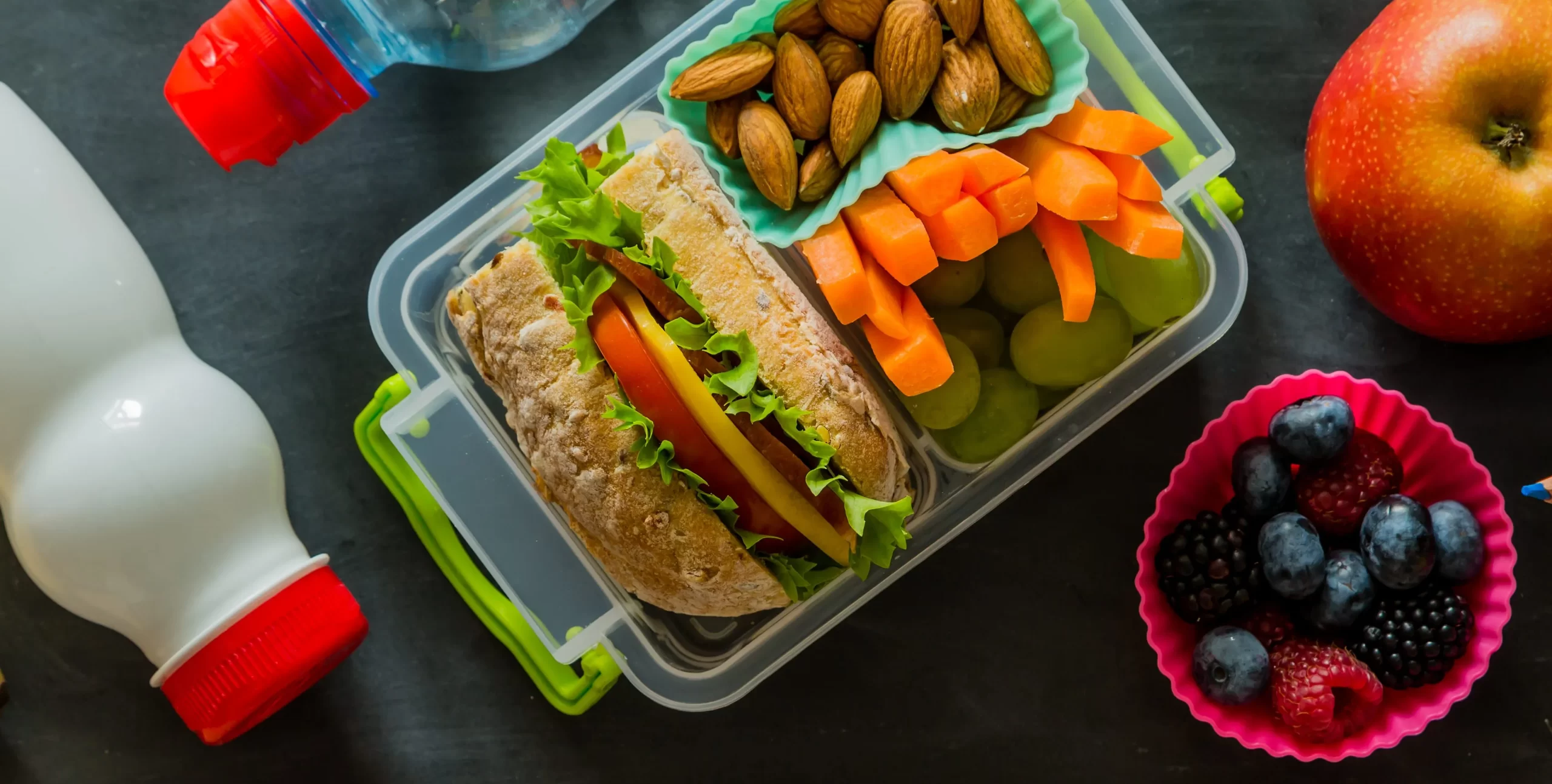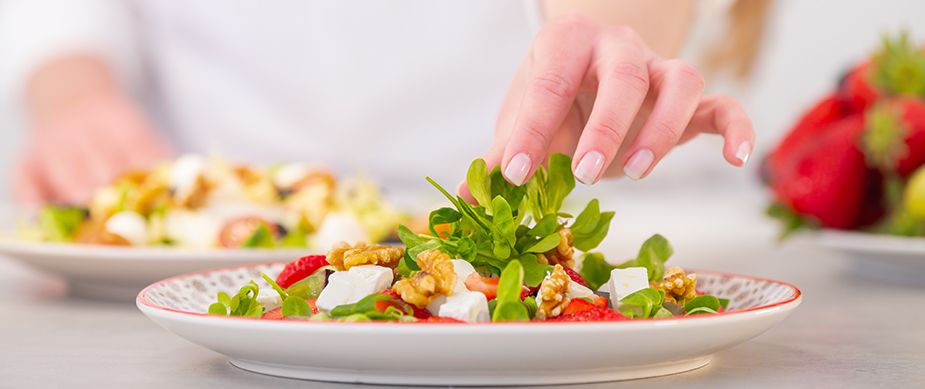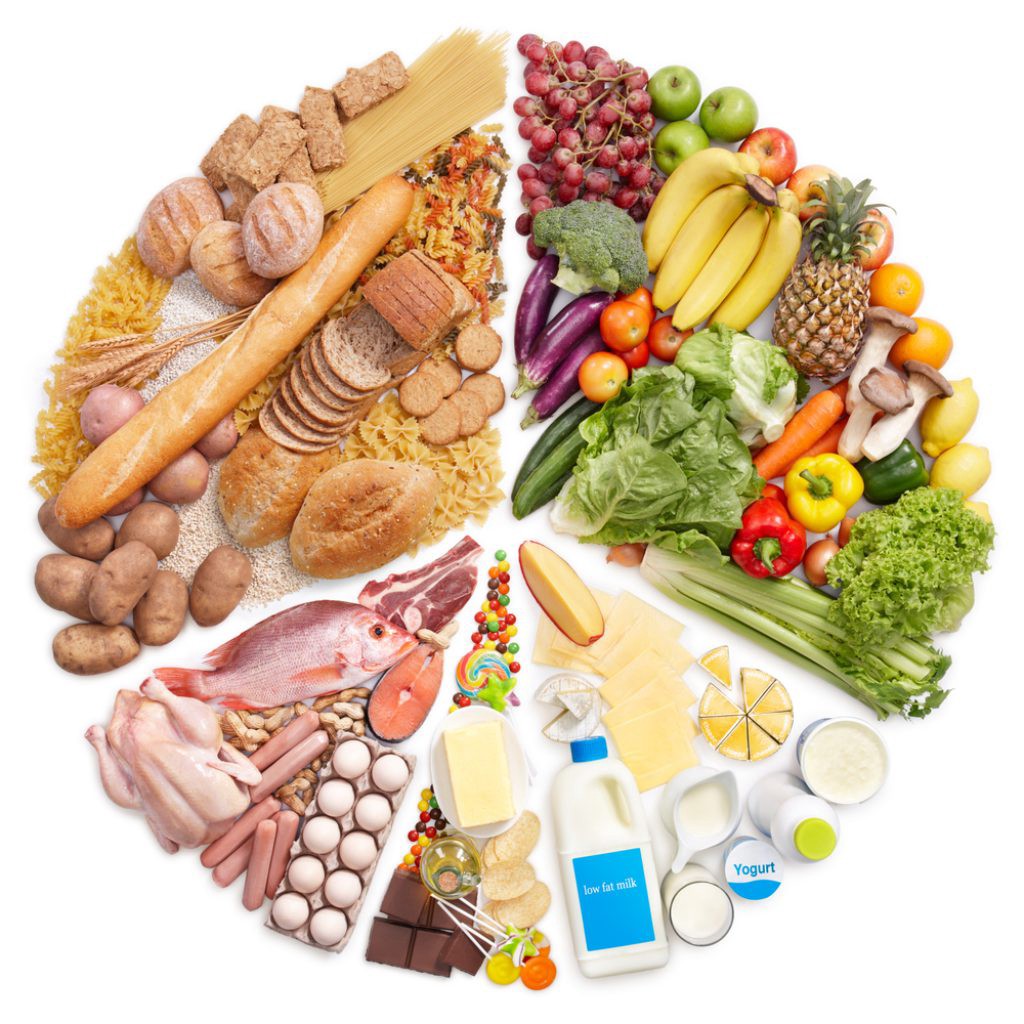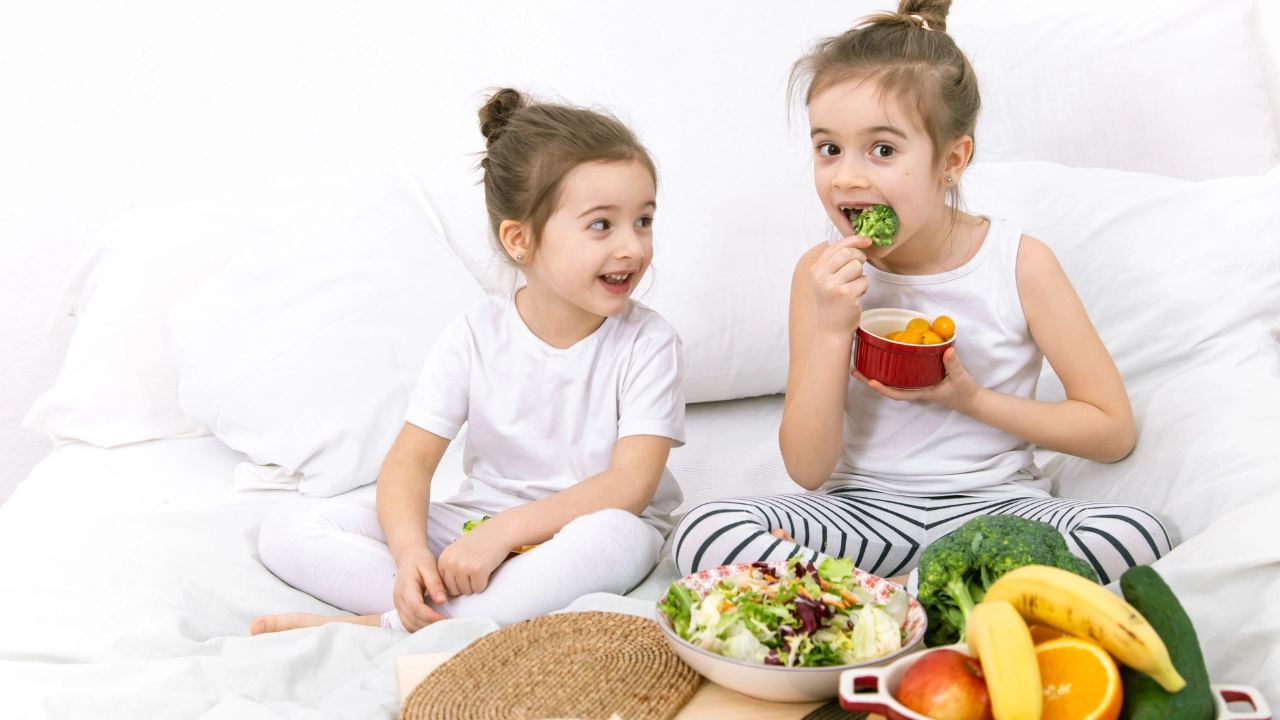Do not let a few pounds add up to a larger problem. Try these 12 tips if you have gained weight on holiday or if your eating habits are a bit off.
1. Start now and not tomorrow.
Start today. Don’t put off your plans until tomorrow, next week or next month. Start with the next meal. You can prepare something easy to cook when you come back from a trip by storing it in your fridge or freezer. If you order food online, you can also book a healthy delivery when you arrive home.
Start your day with a healthy meal. It is easy to fall into a rut after letting the holidays slide. Don’t worry if you have already eaten a large lunch, chocolate bar or piece of cake today.
2. Choose a drink that is sugar-free if you are offered one
Sugary drinks can easily lead to a high calorie intake. Sugary drinks, such as fizzy drinks, fruit juices, squashes, coffee shop flavoured lattes, or sugary teas, can add up. Choose sugar-free drinks, such as water, hot drinks without sugar, or diet fizzy drinks.
3. Reduce alcohol consumption
Alcohol is high in calories and increases appetite when consumed in small quantities. It also lowers inhibitions, which makes it harder to adhere to your diet or exercise goals after a few drinks. You can stay on track by cutting out alcohol for a couple of weeks and having a few days a week where you don’t drink.
4. Fruit is a healthier alternative to biscuits
It is not always a good thing to have too many choices. Instead of trying to choose a healthy snack out of the vast range available in shops, opt for fruit or vegetables as a mid-meal snack. They are low-calorie, high in nutrients and will help you reach your 5-a day. It’s a simple goal that you can easily track.
Avoid the aisles of supermarkets that are stocked with sweets, cakes and biscuits. Also, avoid being tempted by specials on sugary and fatty products at the end of an aisle.
5. Eat only if you’re hungry
You can easily eat if you are not hungry. This could be because of habit or boredom.
It can be difficult to break the habit of “grazing”. Make sure to eat three balanced meals per day, which are also filling. They should be evenly spaced throughout the day. This will help you to manage your appetite. Also, keep fruit in the house so you can use this tip if you get hungry between meals.
6. Have a healthy weekend
If you want to lose weight, you should stick to your new habits as much as possible throughout the week. The weekend is a short time, but it makes up a third our week. It can have a big impact on your weight loss plan.
Find healthier alternatives to your usual weekend treats. Select activities that keep you active and off the couch, such as gardening You can also find out more about Walking Allow yourself time to plan your week and make sure you are on track.
7. Plan your meals
It may seem like a lot of work to plan your meals, but you will be able to make healthier choices when you’re busy. You could also save money by not buying take-out or convenience food because you have no food at home.
Make a list of the meals and snacks that you will be eating and then only purchase what’s on your list. Include enough fruit and vegetables to provide you with at least five servings a day.
8. Increase the amount of vegetables you eat
Increase the amount of salad and vegetables on your plate to reduce the calories. This will leave less space for the other portions of your meal, which are higher in calories. This will allow you to eat a wide variety of food and groups while consuming fewer calories. A smaller plate can also help you reduce your intake.
9. Bring your lunch to work instead of buying it
It’s easier to choose healthy foods and check nutritional information if you pack your lunch yourself.
Choose from our selection of healthy lunches:
- Wraps with egg and tomato
- Three bean pasta salad
- Salad with jewelled couscous
- Roasted vegetable salad
10. When preparing food, use measuring cups and spoons.
It can be a hassle to weigh and measure out each ingredient. It is easy to control your portions by using measuring spoons or cups, especially if you find that the amount of food you consume increases over time. If you eat rice, pasta or breakfast cereals regularly, you can use a measuring cup or spoon to keep the same portion or find one that is smaller. For more information on how to reduce portion sizes and lose weight, please visit our Guide to healthy weight loss You can use this to determine how much of each food group you need.
It’s important to measure out your oils and spreads. Pouring oil straight from the bottle, which contains 100kcals per tablespoon, can increase your food’s calorie count. Use a teaspoon to measure oil or a cooking spray with low calories. When using a nonstick pan, a teaspoon or less of oil is often enough to fry.
11. Get Moving
Exercise is good for the heart but it doesn’t always help you lose weight. Combining regular physical activity and dietary changes has proven to be more efficient than either alone. Making an effort to become more active regularly can have positive effects on both your health and your energy levels. Mental health This could be a great motivation to continue your good work.
12. Change what you can, even if you cannot change everything.
After a short break, life can quickly get busy, and healthy eating or being active may be put on the back burner. Focus on quick wins, things you can control and a new start to avoid this.




